Sustainability
Herb Nerd's Paradise: 4 days in Anguo
Yvonne Lau, Mayway President

Yvonne Lau provides a travel log of a recent visit to Anguo, a Chinese herbal medicine province in China.
Read MoreThe Chinese Herb Garden
Dr. Jasmine Rose Oberste, DACM
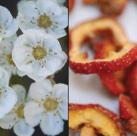
Many of us are drawn to study and practice Chinese medicine in part due to the wisdom held by such quiet observation and an intuitive understanding that it is a more sustainable way of healing and being. However, when we are in school with hundreds of new herbs to learn: taste, temperatures, actions and combinations, we are often disconnected from the source of those herbs, many of which grow around us every day. Read more about growing Chinese herbs in the US, where to find Chinese herb gardens, and references for sourcing your own seeds.
Read MoreSustainability of Chinese Herbal Medicine
Skye Sturgeon, DAOM, Quality Assurance Manager, Mayway
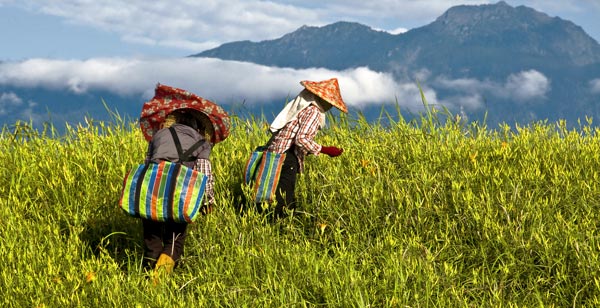
Everything that we need for our survival and well-being depends, either directly or indirectly, on our natural environment. To pursue sustainability is to create and maintain the conditions under which humans and nature can exist in productive harmony to support present and future generations. This article includes information on what is being done to protect herb species for a more sustainable future. You will also gain an in-depth resource guide that lists Chinese Herbs which may not be available or are restricted for sale in the US.
Read MoreSupply Update Fall 2022
Eva Lau, Mayway Vice President

Eva Lau, Vice President of Mayway Herbs, provides an update on the supply chain for Chinese herbal medicine including overviews of climate change and storm impact on current and future supply.
Read MoreTyger Tyger, Not So Burning Bright
Yvonne Lau, Mayway President

2022 is the Year of the Tiger, and an update on the preservation of this magnificent animal seems fitting. Yvonne Lau, President of Mayway, discusses the current status of tiger conservation with links to read more about what you can do to help preserve their numbers.
Read MoreFall 2021 Herb Report
Yvonne Lau, Mayway President
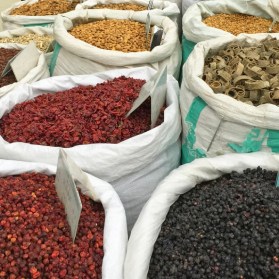
Yvonne Lau of Mayway Herbs provides an update on the Chinese herb industry including economic pressures, harvest, and supply challenges.
Read MoreStock outs: The long and the short of why it happens
Eva Lau, Mayway Vice President
 Sometimes we’re out of stock due to things we can’t control like the weather, pollution, or politics, but mostly we’re out of something because we refuse to compromise on quality, safety or ethics. While it would be easy to procure herbs from other importers or even off Alibaba when we run low, Mayway has always been committed to providing high quality at a fair price.
Sometimes we’re out of stock due to things we can’t control like the weather, pollution, or politics, but mostly we’re out of something because we refuse to compromise on quality, safety or ethics. While it would be easy to procure herbs from other importers or even off Alibaba when we run low, Mayway has always been committed to providing high quality at a fair price.
Our Quest for Organic Chinese Medicinal Herbs
Eva Lau, Mayway Vice President
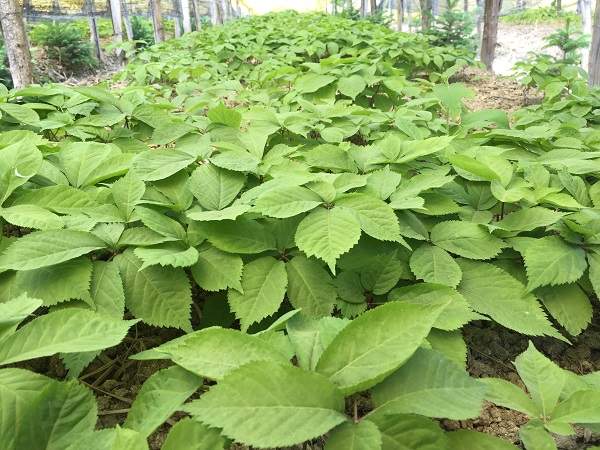 Obviously, the idea of having organic Chinese herbs is very appealing, and over the years many customers have asked us why we didn’t carry them. What most of our newer customers don’t know is that we actually had certified organic Chinese herbs way back in 1996, but stopped offering them just a year later. This is what happened during our 20-year quest to find truly organic Chinese herbs.
Obviously, the idea of having organic Chinese herbs is very appealing, and over the years many customers have asked us why we didn’t carry them. What most of our newer customers don’t know is that we actually had certified organic Chinese herbs way back in 1996, but stopped offering them just a year later. This is what happened during our 20-year quest to find truly organic Chinese herbs.
 Our building was designed by architects Jesse M. Shelton and E. T. Foulkes, constructed between 1939 and 1940 for the Coca-Cola Company, and was considered a modern architectural model for the time. It is a striking example of Streamline Moderne, an architectural style that emerged in the 1930s favoring sleek horizontal lines and rounded corners.
Our building was designed by architects Jesse M. Shelton and E. T. Foulkes, constructed between 1939 and 1940 for the Coca-Cola Company, and was considered a modern architectural model for the time. It is a striking example of Streamline Moderne, an architectural style that emerged in the 1930s favoring sleek horizontal lines and rounded corners.
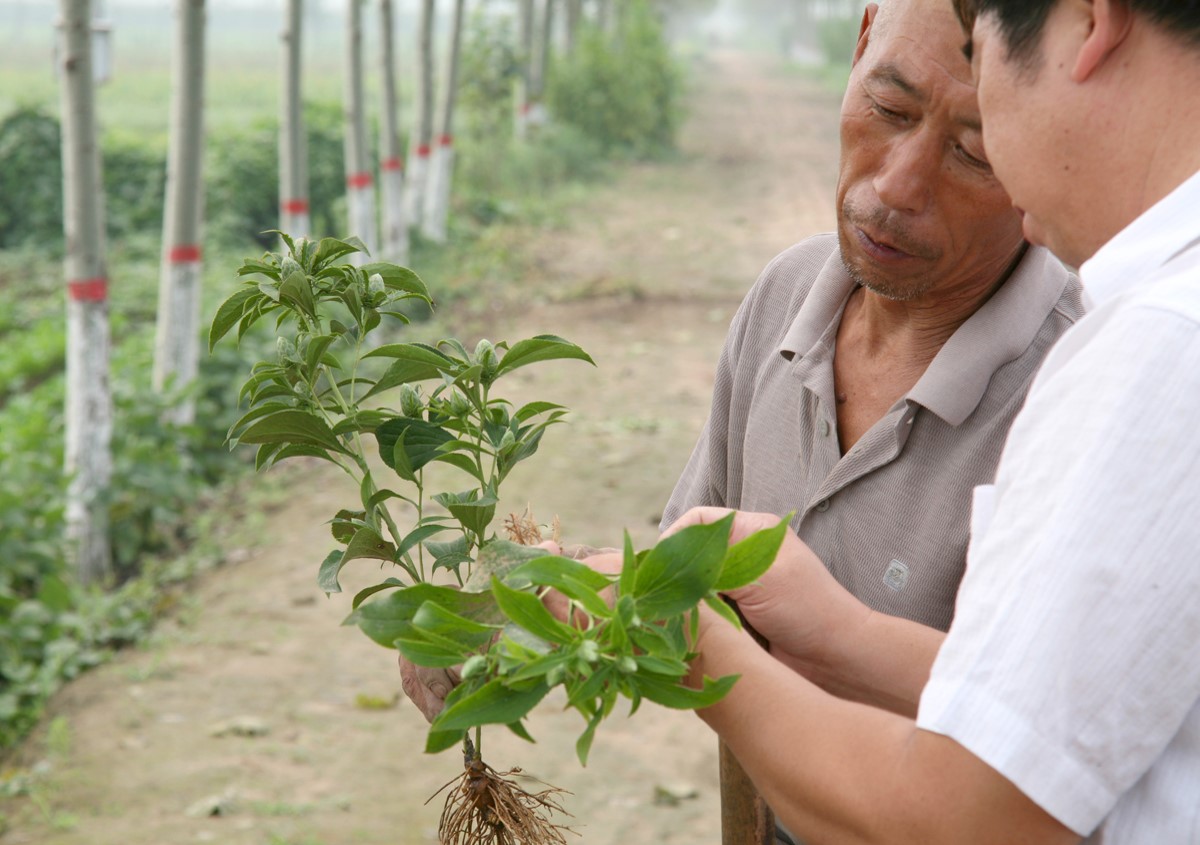 Our products travel almost half way around the Earth to get to you, and we are always conscious of this fact. We are mindful of not wasting, being efficient, and using as little packaging and packing materials as possible.
Our products travel almost half way around the Earth to get to you, and we are always conscious of this fact. We are mindful of not wasting, being efficient, and using as little packaging and packing materials as possible.
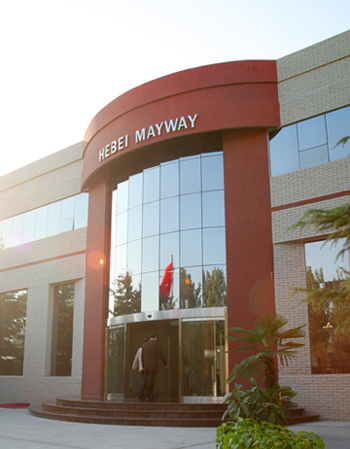 In 1996, we opened the doors of our own herb processing facility in China, affectionately known as Mayway Hebei. Our campus is over 6.6 acres with separate manufacturing, quality control, and administrative buildings. Located in Anguo, Mayway Hebei was recognized by the provincial and local municipal governments as a "Model Enterprise" and has received numerous industry leader awards including "Top Chinese Medicine Enterprise."
In 1996, we opened the doors of our own herb processing facility in China, affectionately known as Mayway Hebei. Our campus is over 6.6 acres with separate manufacturing, quality control, and administrative buildings. Located in Anguo, Mayway Hebei was recognized by the provincial and local municipal governments as a "Model Enterprise" and has received numerous industry leader awards including "Top Chinese Medicine Enterprise."
Most ē jiāo comes from donkeys raised as domestic livestock in Shandong province in the People’s Republic of China. Donkeys are primarily used for transport either for riding, packing of goods, or pulling of carts. They are also raised for meat and milk. One of the uses of donkey carcasses is to make glue out of the collagen found in their hide.
Read More